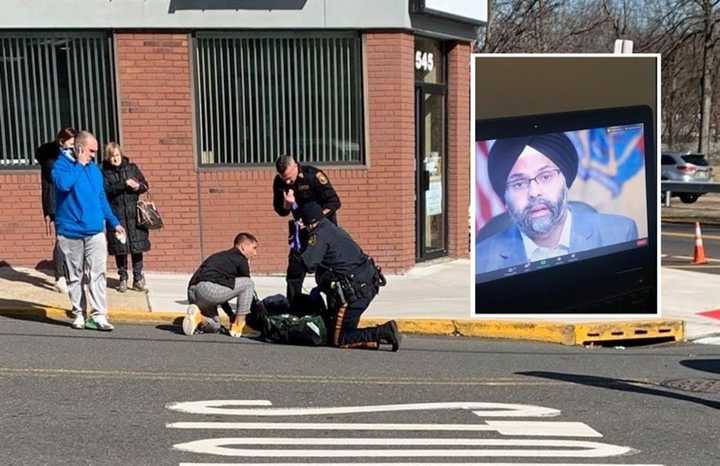Even though fewer people drove, those who did took more risks and were involved in more deadly collisions, New Jersey Attorney General Gurbir S. Grewal said.
Irresponsible driving led to a 5% increase in fatal crashes statewide last year, to 552 from the year before, State Police reported.
This comes at a time when traffic volumes were drastically reduced because of stay-at-home orders, curfews, and a widespread transition to working from home amid the pandemic.
The nationwide trend is even worse.
U.S. traffic fatalities from January through June of 2020 jumped by 30% over the same period from the year before, even though there was a decrease in the number of cars on the road for the last three of those months, Grewal said.
Why?
It’s simple: Drivers took more risks, including speeding, failing to wear seat belts, and driving under the influence of drugs or alcohol, the National Highway Traffic Safety Administration found.
“That risky driving increases the likelihood of accident and injury is not news,” Grewal said. “But what we’re learning from the 2020 data is extremely concerning.”
As a result, the state is trying to change driver behavior, he said.
The state Division of Highway Traffic safety is launching a #SafeDriversSaveLives social media campaign to “raise public awareness of the integral role each driver plays in preventing the loss of lives on New Jersey’s roadways,” the attorney general said.
HTS will also use new “web-based crash analysis technology to implement data-driven strategies targeting communities most in need of education, enforcement and public outreach programs,” he said.
Programs will also include law enforcement training in traffic safety – with more enforcement of impaired and drunk driving laws and seatbelt usage.
Grewal said there’s reason to believe the approach will work.
He cited “Kyleigh’s Law,” which requires teens to attach stickers to their vehicles to identify them as novice drivers, and the 20-year anniversary of New Jersey’s Graduated Driver License program, considered one of the most progressive and stringent teen driver measures in the country.
Both are widely credited with helping to reduce fatal crashes among teen drivers.
According to the State Police, crash fatalities involving a teen driver (age 16 to 20) decreased by more than 47% between 2008 and 2018, dropping from 101 to 53. During that same period, the number of passengers under the age of 20 killed while riding in a car driven by a teen fell from 19 to 8.
Click here to follow Daily Voice Paramus and receive free news updates.
